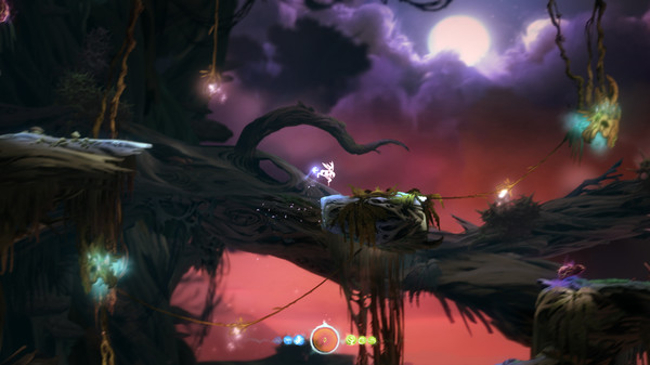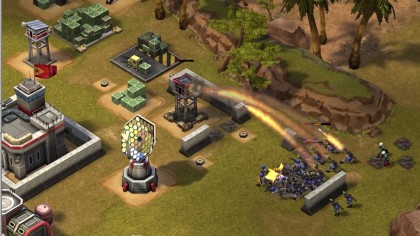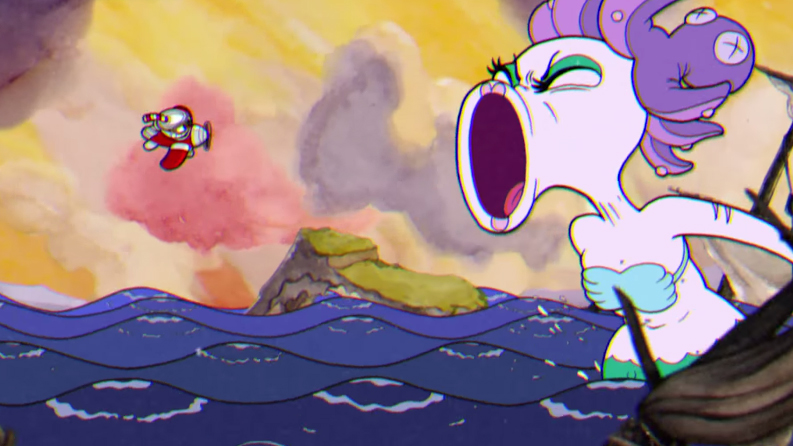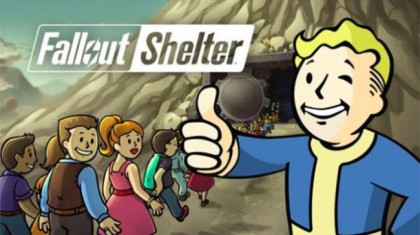Unity CEO argues games ARE art, wants Jurassic Park in VR
Cuphead is the Disney game that never was

Ori and the Blind Forest, Cuphead and even Cities: Skylines have showcased rich visuals and distinctive art styles in 2015, and upcoming games such as Firewatch and P.A.M.E.L.A look set to continue the trend. All of the above have one thing in common: they were built using Unity Technologies' Unity Engine, one of the main players in the game engine space.
Unity CEO John Riccitiello, who joined the company in late 2014 after leading EA for six years, believes that games can qualify as art, and are just as deserving of the tag as Hollywood movies.
Speaking to TechRadar, Riccitiello talks PC games, why premium games are making a comeback against F2P, and what he wants to see in his dream virtual and augmented reality future.
TechRadar: What games are you currently playing?
John Riccitello: The last couple of weeks I played a bit of Empires and Allies, which is by Zynga. I was a beta user of Best Fiends, which was a fun game for me, and I'm trying maybe a dozen more.
TR: Is it a case of finding the time?
JR: It's funny, because people say time is the problem. They also say that they don't have time to exercise, which I do let get away from me sometimes. I probably game an hour a day, which is enough to keep me reasonably current. I don't think it's entirely possible to stay current in games - there's always one I haven't tried.
Get daily insight, inspiration and deals in your inbox
Sign up for breaking news, reviews, opinion, top tech deals, and more.

TR: There's been some great-looking games made using Unity recently, Ori and the Blind Forest and Grow Home to name a few. What makes Unity a good fit for creating games with distinctive visual art styles?
JR: I think it's the simple reality of how some of our developers have grown up. A lot of guys who didn't have tons of resources have been using Unity for a long time, and on their third or fourth game they found out that they have a virtuoso talent and have built a virtuoso game. Then there are things like advanced lighting and rendering in Unity that can now better accommodate that talent, so it's a little bit of both. I'd argue that rarely does a first time game developer build something that's achingly beautiful.
I won't name the person but a well-regarded Hollywood fixture said that games aren't art. I said that game are art and showed them a game, and they said, "OK - games are art". Take Ori and the Blind Forest - you can't say that's not beautiful. There's a lot of games where calling them art is probably a stretch, but there's certainly a lot of crap Hollywood puts out where calling it art would be a stretch too. It's art in the sense that somebody made it, but it's not bread - so art would be a better description than that.
But you wouldn't apply art in the sort of knowing way that I'm applying it to everything that Hollywood puts out, or every book that's written, or every painting that's made. Go to any small town art show - there's tons of paint-by-numbers stuff out there - and I guess you could still be a point-by-numbers artist and still be an artist but for the most part maybe not.
TR: If any game could be labelled as art it's probably Cuphead…
JR: We were talking earlier about Warren Spector - 10 or 12 years ago he gave a long discussion about refreshing Disney characters in games. I think he did an admirable job on the Nintendo platforms of the day, but it's not what the guys Cuphead guys have done.
Cuphead doesn't have Disney characters, but darned if they don't feel like Walt Disney created them. If Cuphead existed in the '40s, that's what he would've made. It's cool and captures people's imagination. I don't personally know the team that built the game personally, but there's a visionary artist in that group somewhere.

TR: Fallout: Shelter stormed the iOS store earlier this month and has been praised for not over-doing in-game purchases. Will the industry follow suit?
JR: There's a two-hour answer to that. If you look at League of Legends it's the same kind of thing - there's not a lot of stuff to buy except characters and power-ups. There are certainly examples of games where you can't buy many things, and they yield enormously great outcomes, and there are also games like Clash of Clans that have grocery store-like shopping experiences. I don't think there's going to be a generalised lesson on this.

Personally, I'm a believer that premium games will make a comeback, and they've already started to. Something becoming apparent to people in the industry who haven't been paying attention is that micro-transactions are part of game design.
Nearly all of them have buyable and erasable currency and an exchange rate that causes you to run out of time, or gold, etc, and in order to continue you need to take time to play or pay again. It's the modern version of a pinball machine with a coin drop, but the coin drop is denominated into a currency exchange model.
That's a great model for a whole bunch of games, but not all of them. Interesting enough, it seems like everybody wants to say "a trend has started, an the arc will continue forever and never change path", but that's not the case. Look at Europe - we always thought it was static but it never has been. We tend to think this industry is static on its trajectory toward P2P micro-transactions, but it's not going to be that way. There'll be a rise of premium products out there because they're better for intellectual property.
